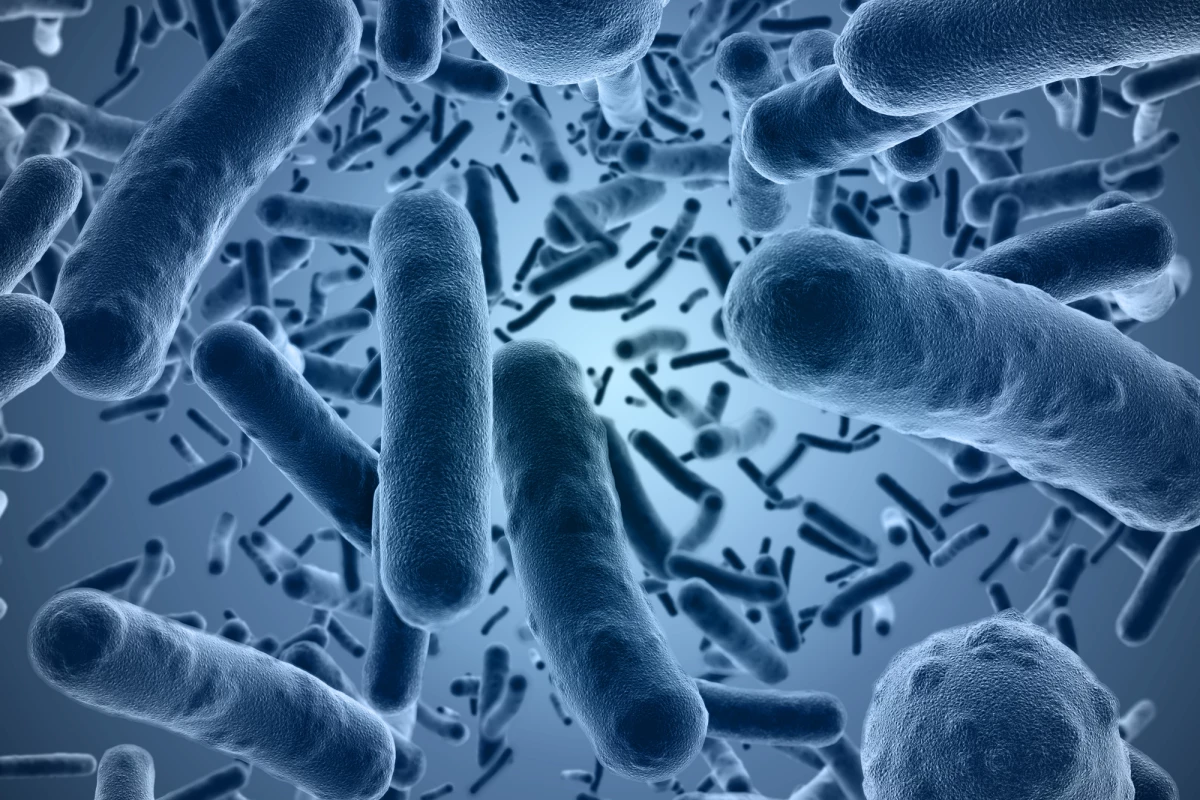Antibiotics are one of the most important medical breakthroughs of all time – but their usefulness is beginning to unravel, with potentially devastating results. In the hunt for new drugs, researchers have now investigated how an antivitamin of Vitamin B1 could be a promising new weapon against these “superbugs.”
As the name suggests, antivitamins are substances that specifically work against vitamins, blocking or restricting the activity of these vital molecules. Obviously they aren’t something you’d want to be taking too much of, but in some circumstances they could come in handy.
Now, researchers at the University of Göttingen, the Max Planck Institute and Texas A&M have studied a natural antivitamin called 2′-methoxy-thiamine (MTh). This antivitamin is produced by bacteria to kill competing microbes in their environment, and the team wanted to investigate how it worked, with a view towards potentially adapting it into an antibiotic.
Interestingly, MTh only differs from Vitamin B1 by a single atom, so the researchers looked closer to see what it was actually doing. Using high-resolution protein crystallography, the team exposed E. coli to the antivitamin and found that it forces glutamates to bond together, preventing them from becoming catalysts. Essentially, it disrupts the vital “dance of the protons” in the bacteria’s proteins.
"Just one extra atom in the antivitamin acts like a grain of sand in a complex gear system by blocking its finely tuned mechanics," says Kai Tittmann, an author of the study.
Importantly, MTh doesn’t seem to have the same effect on human proteins. Using computer simulations, the researchers found that our proteins either don’t bind to the antivitamin at all, or do so in a way that doesn’t harm them. This finding means the molecule could form the basis for a new antibiotic drug for human use – but, of course, this will require much more study.
Hopefully antivitamins could soon join our arsenal against antibiotic-resistant bacteria, which are poised to become a deadly public health threat in the next few decades. Scientists are exploring options such as developing new antibiotics, supercharging old ones, or wiping the bugs out using all manner of nanoparticles, lights, gels, material surfaces, synthetic polymers and even molecular drills.
The new study was published in the journal Nature Chemical Biology.
Source: University of Göttingen




